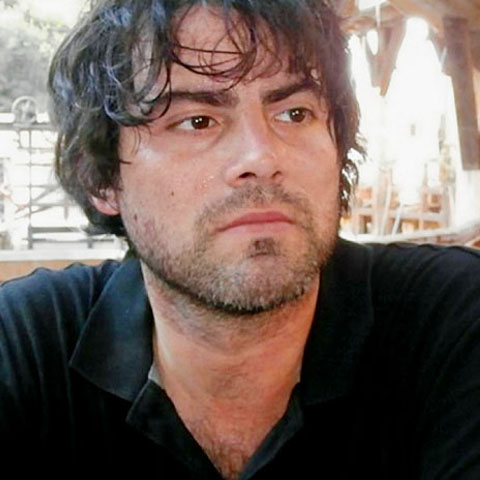Event Details

Topic description:
The explanatory framework of cultural evolutionary theory (CET) relies on a cultural analog to the genotype-phenotype distinction, with socially transmitted information (i.e., ideational units) serving as cultural genotypes and the observable cultural manifestations they produce, such as behaviors, artifacts, and institutions, serving as cultural phenotypes. As for now, CET has mostly been concerned with the homocatalytic role of ideational units, i.e., how local episodes of social learning maintain cultural lineages at the level of the population. However, ideational units’ heterocatalytic role, i.e., how socially acquired information produces the cultural phenotypes they are associated with, has received scant if any attention. This is surprising given that in order to explain trans-generational change in the distribution of cultural phenotypic variation through the underlying dynamics of ideational evolution, ideational variants must somehow participate in the (re)production of cultural phenotypes. I examine how proponents of CET relate the cultural genotype-phenotype distinction to the heterocatalytic role, black-boxing the heterocatalytic processes by conflating ideational and phenotypic evolution and the generation of variation. This conflation relies on the assumption that ideational and phenotypic variational spaces are topologically congruent. I argue that a study of the heterocatalytic processes shows that this assumption holds in very specific cases only, and offer the theoretical concepts of ‘technique’ and ‘technical space’ as necessary for a study of cultural evolution.
Biographical note:
Mathieu Charbonneau completed his PhD in philosophy at the Université de Montréal (2013). His dissertation examined how the use of explanatory analogies between evolutionary biology and the social sciences informs the construction of a theory of cultural inheritance and structures its explanatory framework. His paper, “Populations without reproduction,” is soon to appear in Philosophy of Science. The current talk emanates from his post-doctoral work on “Cultural Development and Cultural Evolution” at the KLI.


